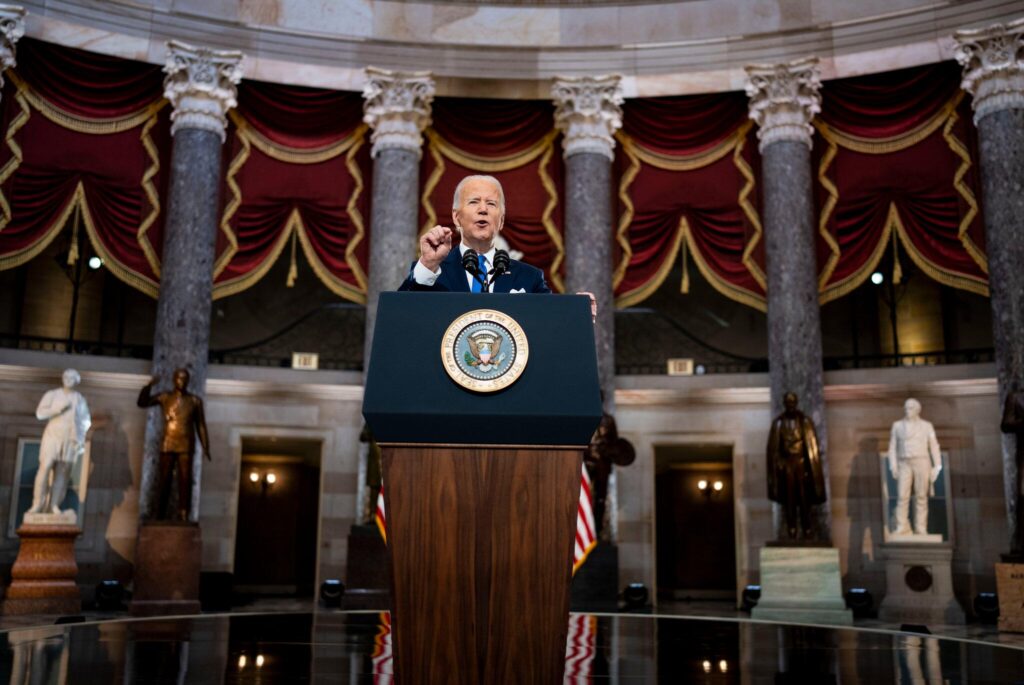In the hallowed halls of Congress, a resounding call for equality echoes through marble corridors and political chambers. Over 120 House Democrats have taken a bold step, wielding their collective pen to draft a missive that lands squarely on President Biden’s desk—a passionate plea to finally enshrine the Equal Rights Amendment into the U.S. Constitution. This unprecedented wave of legislative solidarity represents more than just a letter; it’s a clarion call for gender equality that has been decades in the making, challenging the nation to confront its long-standing constitutional silence on women’s rights. In a powerful display of legislative solidarity, over 120 House Democrats have taken a significant step towards gender equality by sending a compelling letter to President Biden, advocating for the formal ratification of the Equal Rights Amendment (ERA).
The comprehensive missive, signed by a substantial bloc of Democratic representatives, underscores the urgent need to enshrine gender equality into the United States Constitution. These lawmakers are pushing for a definitive resolution to a decades-long struggle for constitutional protection against gender-based discrimination.
Led by prominent progressive voices, the congressional delegation argues that the ERA represents more than just symbolic legislation. They contend it would provide robust legal mechanisms to combat systemic gender inequities across employment, education, healthcare, and judicial sectors.
The letter highlights historical context, noting the amendment’s original passage by Congress in 1972 and subsequent state ratification challenges. Despite meeting the constitutional threshold for ratification in 2020, bureaucratic and legal obstacles have prevented its formal adoption.
Legal experts supporting the initiative argue that presidential action could bypass complex judicial interpretations and administrative roadblocks. The Democrats suggest Biden possesses unique executive authority to declare the amendment valid, potentially transforming the landscape of gender rights.
Supporters emphasize the amendment would strengthen existing anti-discrimination laws, providing constitutional-level protection against gender-based disparities. This would create more comprehensive legal recourse for individuals facing workplace discrimination, unequal pay, and systemic gender biases.
The political momentum reflects growing national consciousness about gender equality, inspired by ongoing social movements and increased representation of women in leadership positions. Representatives view the ERA as a critical mechanism for addressing persistent structural inequalities.
Notably, the letter transcends partisan boundaries, representing a unified Democratic stance on constitutional gender protections. The collective action signals a strategic approach to advancing gender equity through legislative and executive channels.
While Republican opposition remains a potential challenge, proponents remain optimistic. They argue that constitutional gender equality represents a fundamental American ideal of fairness and justice.
The proposed ratification would mark a transformative moment in civil rights history, potentially resolving a long-standing legal ambiguity regarding gender discrimination. By explicitly recognizing gender equality at the constitutional level, the United States could set a powerful precedent for comprehensive legal protections.
As the Biden administration considers the recommendation, the letter represents a critical milestone in the ongoing struggle for comprehensive gender rights, reflecting a broader societal commitment to dismantling systemic inequities and promoting genuine equality.
